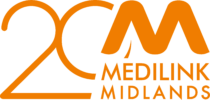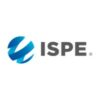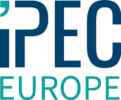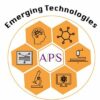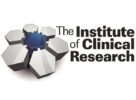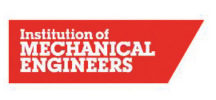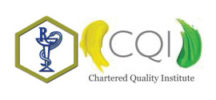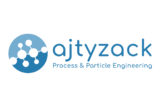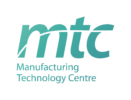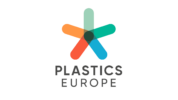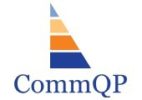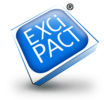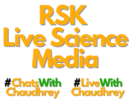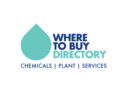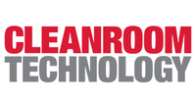Preparing for the Future – Learning From The Past to Foresee The Future
The chemical and pharmaceuticals industry is one of the United Kingdom’s largest industries and the nation’s second largest export commodity.
Many chemical and pharmaceutical supply chain stakeholders are taking responsibility for finding solutions and driving initiatives that help address, improve, and resolve industry challenges and the CBA continues to lead and facilitate collaboration, to use the challenges of recent years as catalysts for positive change, and to build and maintain momentum to ensure a sustainable future.
CBA’s new People & Skills Hub (P&SH) is addressing the need for a talented and well-motivated workforce that possesses a ‘can do’ attitude and the relevant skills, knowledge, and experience. We have introduced Generation STEAM which fully recognises the importance of STEM but also
recognises the ever-increasing need for creativity in today world, opening our industry to a wider
workforce in order to ensure people at all stages of their careers are empowered to build bright futures in the industry, attracting a wide range of talent and regardless of their background.
The chemical and pharmaceutical industry has a key and leading role to play in decarbonisation, which means that understanding carbon and other greenhouse gases and their role in climate change has become increasingly vital for all sector stakeholders. CBA’s Sustainability Hub is helping members understand their commitments now and how they can make a difference going forward.
Although the past few years have been challenging, the industry has been largely resilient and continues to adjust and adapt. Looking forward, the only thing that is certain, is that the future will involve more change and uncertainty.
In this presentation I will discuss how lessons learnt from the past can help to prepare for the future, for both the expected and unexpected challenges ahead.
Speaker
 Karen Harvey Membership Manager - Chemical Business Association
Karen Harvey Membership Manager - Chemical Business Association



















